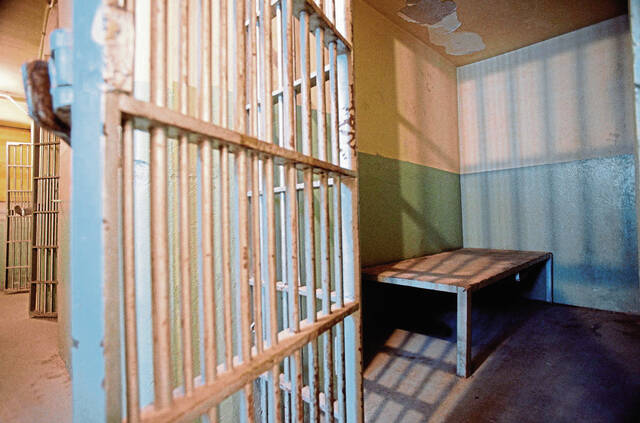There are two tragedies when the wrong person is incarcerated for a crime.
One tragedy is what happened to Drew Whitley.
He was 33 when he was locked up for the 1988 murder of a McDonald’s worker in Duquesne. It took 18 years for DNA evidence to prove what he had maintained through appeal after appeal: that someone else was responsible for Noreen Malloy’s death.
Whitley’s release did not change so much of the injustice of the conviction. It couldn’t give him back the years he spent in a cell. It couldn’t replace the years he was tagged as a murderer.
It didn’t change the fact that when he died on Oct. 17 in his Braddock home, he had seen and lived through things he did not deserve.
But that is just one half of the injustice.
The other half is that locking up the wrong person means the real criminal walks free.
While Whitley did 18 years behind bars for Malloy’s death, that time only added to the unfairness of the murder. The Allegheny County District Attorney’s Office dropped the charges against Whitley after the DNA test. No one else was ever arrested.
“There’s tragedy compounded on tragedy compounded on tragedy,” said Whitley’s one-time attorney Lawrence Fisher.
From 1989 to 2019, Pennsylvania saw 78 people like Whitley exonerated: 48 were convicted of murder, nine of sexual assault and four of child sex abuse. Despite these statistics from the National Registry of Exonerations, the Keystone State lags far behind Texas, Illinois, New York and California, each of which have seen hundreds of wrongful convictions.
It is understandable that appeals like this can be painful to the families of victims — that seeing the person who they were told was responsible walk free can rip open wounds that have scabbed over but never truly healed.
But the injustice of that is not the fault of the wrongfully convicted. It is the fault of the chain of events that put the wrong person in a cage.
It is unfair that these appeals can be painted as contrary to law and order when they are the very soul of justice. The end of criminal case should never just be the clang of a cell door closing on a person paying the price. It should be the assurance that the person paying that price is the one who committed the crime.








